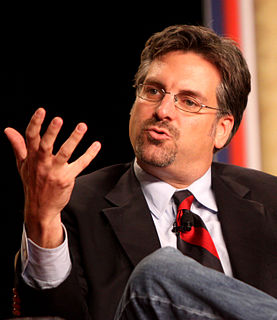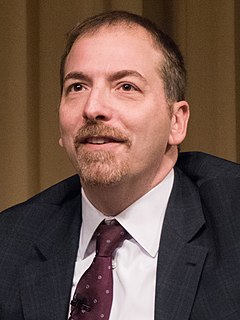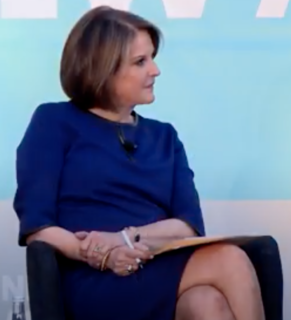A Quote by Gwen Ifill
Simply as an exercise in efficient politics, Obama '08 rewrote the textbook. His accomplishment was historic and one that transformed how race and politics intersect in our society. Obama is the leading edge of this change, but his success is merely the ripple in a pond that grows deeper every day.
Related Quotes
There is no doubt that the issue of race is always present in American politics and in the politics of any multiracial society. There is also no doubt that for some people it is an element in the manifested hostility to Obama. But I don't think it is the major theme at all. Obama is right when he reminds people: By the way, I was black before the election.
Obama is not just a powerful speaker, but a thinker engaged with the ideas of his country and his age--this argument by historian James Kloppenberg should therefore fascinate anyone interested in American politics or how ideas shape public life. Tracing the influences of Obama's family, educational, and work experiences on his ideas, Reading Obama locates a unique individual in the crosscurrents of American democracy and continuing fights over American ideals.
Obama has already demonstrated an extraordinary ability to change the limits of what one can say publicly. His greatest achievement up to now is that, in his refined non-provocative way, he has introduced into public speech topics which had hitherto been de facto unsayable: the continuing importance of race in politics, the positive role of atheists in public life, the necessity to talk with "enemies" like Iran or Hamas, and so on. This is just what US politics needs today more than anything, if it is to break out of its gridlock: new words which will change the way we think and act.
Barack Obama's historic 2008 presidential campaign touched on all the themes I have covered throughout my career and all of the layers of meaning that run through black politics. Ambition. Aspiration. Fear. Folly. It was all on display as Obama boarded the roller coaster that ultimately led to the White House.
Obama is hardly the first president to seek rapprochement with our adversaries and reconciliation with our enemies, of course. But his determination to make nice - even in the face of clear and repeated rejection from the other side - is unparalleled. For Obama and his team, diplomacy with rogue regimes is an end in itself, and any deal, however one-sided, is a win, especially one that the White House communications mavens think that friendly media will call a 'breakthrough' or 'historic.'
Forget the historic nature of his election having to do with skin color - Obama has an opportunity offered to few presidents: the chance to set the course of the nation for decades, if not generations, to come. Who knows: perhaps in the near future, our grandchildren will spend money with Obama's face on it.
Obama can't be everything to everyone. He changed. He did. I never thought I'd hear Obama say, "Let's go back to nuclear arms," but he did. In the meantime, the clear and present danger is the Republicans in the Senate. A lot of politics isn't heroic, it's as day-to-day as our lives themselves. We always want to make the Byronic choices, but Byron himself was not Byronic all the time either.
In terms of talking about what our politics has become, it now seems as if Barack Obama is starting to stand outside of it a little bit and critique what our politics has become. And I think he sees himself as a useful critic that way saying that it's not only become dishonest, he said, but now we have a selective sorting of the facts and our politics has become self-defeating.































